Spain is an important producer of organic lemons. In 2021, according to the latest data from Ailimpo, these already accounted for 20% of the total acreage planted with lemons nationwide. The volumes of organic lemons have been growing hand in hand with the expansion of the certified acreage, although this season the weather will take a significant toll on the Spanish production.
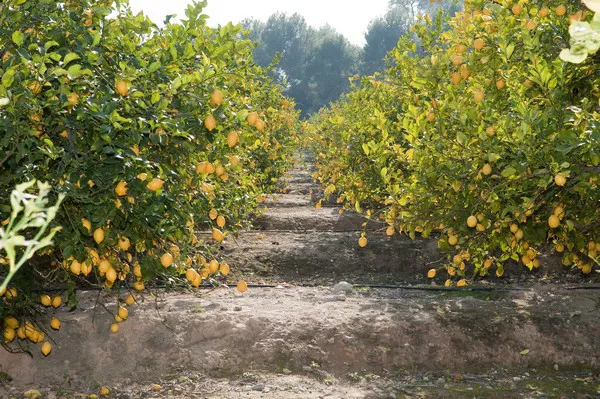
"The yield per hectare has decreased," said Juan Antonio Martinez, manager of the company Toñifruit Murcia, which has been specialized in organic farming for 15 years, "but the new organic area gained in the plots that were being converted is compensating for that decline.
"At the beginning of the season, there was a similar volume of Primofiori as that of previous years, but as we move forward we are seeing a reduction, and this applies also to Verna lemons. However, at Toñifruit we have been working to extend the Primofiori campaign, and we will be able to provide the same service as always to our organic lemon customers."
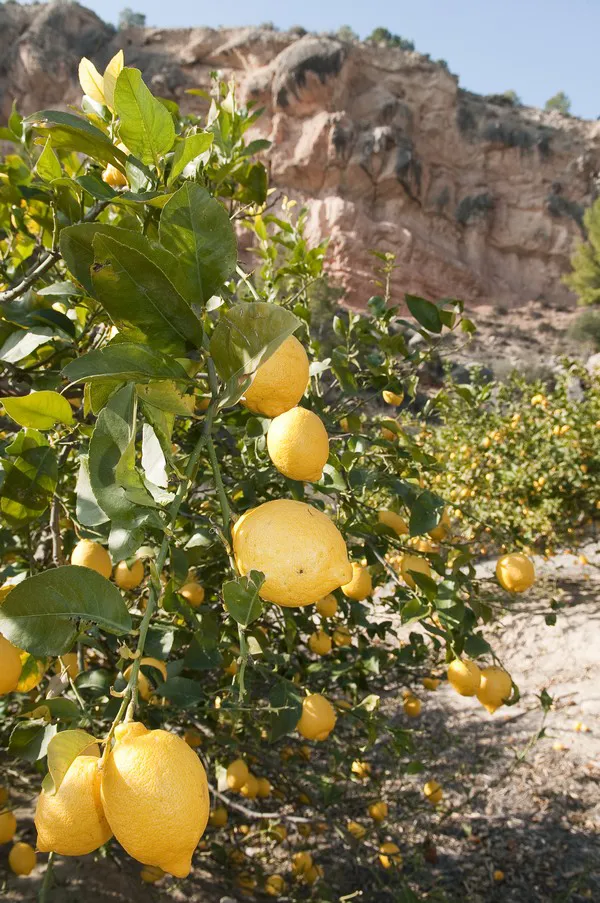
The latest campaign update from Ailimpo is imminent, but last September the interprofessional already reported a drop in the harvest of the Verna variety, estimated at 22%, and at 5% in the case of Fino lemons, although this decline will not prevent Spain from remaining the world leader in the export of fresh lemons. "It is important to note that while we have a lot of data on lemon exports worldwide in general, and on Spanish ones in particular, there are no segmented statistics for organic lemons." And this is precisely something the industry wants: for organic lemons to have their own tariff codes and their own statistics in terms of volume and the value of foreign trade. "We must bear in mind that they are two different products," said Juan Antonio.
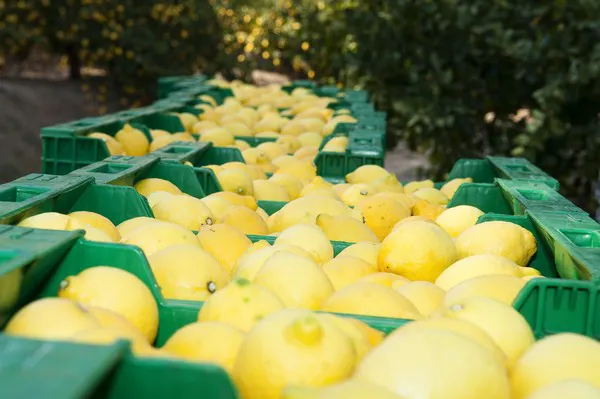
With regard to the demand, it is true that this campaign is taking place in a context in which external factors are being decisive. "We are immersed in a crisis at European level, and in a war that is affecting the overall consumption of fruit, including that of organic lemons. In that sense, the demand has fallen a bit, but it is something temporary and the situation should change as soon as the overall context improves. In any case, the lower consumption has made up for the drop in the production, so prices have so far been adequate."
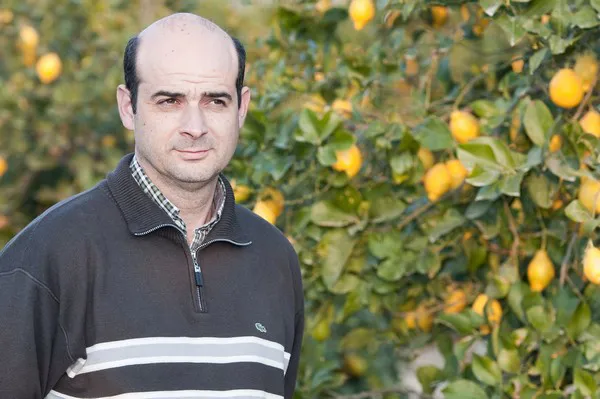
This applies also to the regular production. At the start of the year, Spanish lemons reached the highest prices at origin of the last seven seasons, and of the last ten, if we look at the prices after handling, although only the campaign's final balance will tell if these prices have compensated for the fall in the production caused by climatic factors, which are bound to also affect the 2023/24 campaign.
"The lemon tree is a woody tree that is highly sensitive to the weather and which, as we have seen in autumn, can have redundant blooms after water stress. The late flowering has facilitated the production of off-season fruit, which will help us provide a better service to our customers, given the shortage of lemons at the end of the season, but this also means that in the following blooms there may be a reduction. We can only hope that it won't be a significant one."
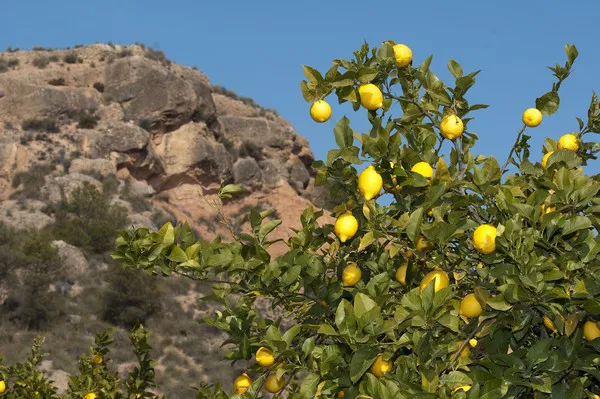
"The alerts on Turkish lemons help boost the reputation of Murcia's fruit".
In the lemon segment, countries like Turkey have repeatedly appeared in recent times in RASFF alerts for exceeding MRL's, or for the use of unauthorized active materials in the EU, making it necessary to strengthen border controls. "Such a situation ultimately helps boost the reputation of Murcia's fruit, which stands out for its safety. European consumers should be aware of the fact that we have a product of exceptional quality, and that this is helping us retain the loyalty of European customers," said Juan Antonio Martinez.
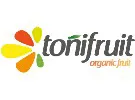 For more information:
For more information:
Toñifruit
C/ Molino Grande, buzón 22
30892 Librilla, Murcia, Spain
Tel.: +34 968 071 056
info@tonifruit.com
https://tonifruit.com
